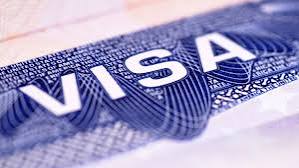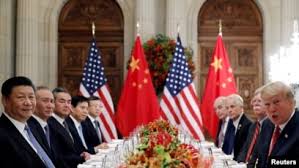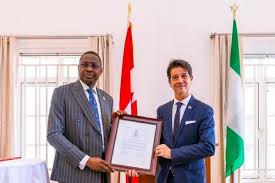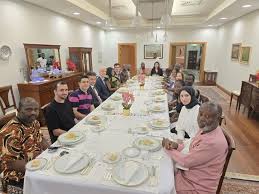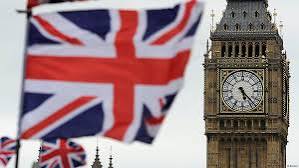Switzerland has reported a significant increase in frozen Russian assets, which have climbed by nearly $2 billion over the past year to reach a staggering 7.4 billion Swiss francs ($8.4 billion), according to an official statement released yesterday by the Swiss State Secretariat for Economic Affairs (SECO).
The substantial rise of 1.6 billion francs ($1.8 billion) since March 2024 is attributed to the identification and subsequent freezing of additional Russian holdings within the Alpine nation’s financial system, as Switzerland continues to align its sanctions policy with that of the European Union.
Beyond monetary assets, Swiss authorities have also identified and frozen 14 real estate properties belonging to individuals, companies, or entities subject to sanctions, the government statement revealed. The sanctions net has been cast wide, capturing sports cars, luxury vehicles, aircraft, artworks, furniture, and musical instruments owned by sanctioned Russian entities and individuals.
Switzerland, traditionally known for its neutrality in international conflicts, made the unprecedented decision to adopt EU sanctions against Moscow just four days after Russia launched its full-scale invasion of Ukraine on February 24, 2022. This move required Swiss banks to disclose information on clients or entities targeted by these restrictive measures.
SECO emphasized in its statement that Switzerland’s sanctions against Russia are identical to those imposed by the European Union, covering multiple sectors including finance, trade, energy, services, and air transport.
The announcement comes just days after European nations agreed at a summit in Paris to intensify sanctions against Russia, signaling the West’s continued determination to maintain economic pressure on Moscow as the conflict in Ukraine extends into its fourth year.
As the war rages on, yesterday saw Ukraine’s President Volodymyr Zelensky meeting with Germany’s Foreign Minister Annalena Baerbock in Kyiv, highlighting the ongoing diplomatic efforts to bolster international support for Ukraine.
The frozen assets represent a significant financial blow to Russian interests in Switzerland, a country long favored by wealthy Russians for its banking secrecy laws and investment opportunities. The continued identification of additional assets suggests Swiss authorities are conducting thorough investigations into Russian holdings within their jurisdiction, potentially uncovering complex ownership structures designed to evade sanctions.
Politics
World
Switzerlands frozen Russian assets surge to 8.4bn amid ongoing sanction
- by Adeola Abiola
- April 2, 2025
- 0 Comments
- 1 minute read
- 117 Views
- 6 months ago


